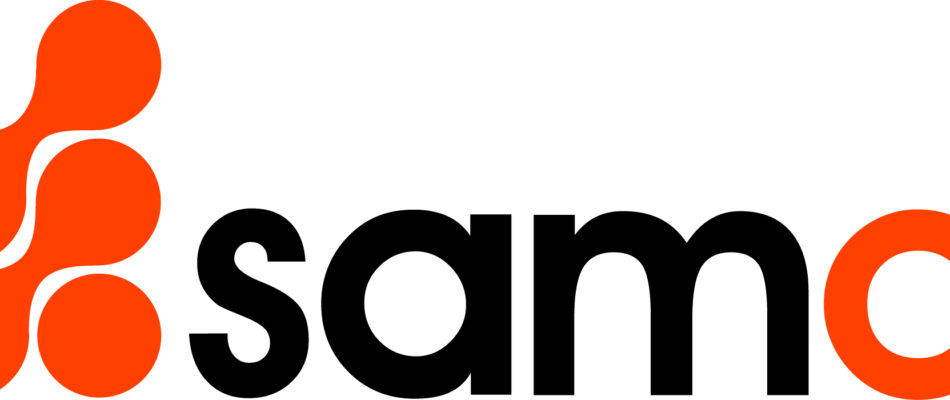
Education – the most powerful weapon to change the world?
With the hegemony of economic talk and rhetoric, we have forgotten that education should also be about learning how to live together. It is not and cannot be only about employment and innovation and economic growth but also about inclusion and personal growth. In Paris, March of this year, EU education ministers mentioned the role education can play in promoting the values that our societies were been built on: respect for human dignity, freedom (including freedom of expression), democracy, equality, the rule of law and respect for human rights.
Nelson Mandela called education the most powerful weapon which you can use to change the world. As such, the role of education in the inclusion and integration of migrants whatever their background is incremental. How could our higher education system, often rigid and slow to react, accommodate and enable Syrian, or other nationals who have been forced to flee, students to continue their studies?
Baby steps in the right direction
The situation has provoked actions from Finnish UASs as well. For example, Haaga-Helia has proposed a 60 ects study module for refugees that are granted a residence permit and who are eligible for higher education. Those completing the study module successfully, would be able to apply for full degree studies at the said institution. But, how do you prove eligibility to higher education if the degree certificate was not the first in mind when you decided to flee? Degree certificates are not perhaps the first thing that pops to mind when gathering a bundle of essentials. Nor will it be very easy to attain such a confirmation in many of the cases as the states are by and large, non-functional or the students persecuted.
Metropolia UAS has proposed establishing a testing system based on competence-based testing: one would be able to showcase their competence in a systematic way. I am glad this initiative has come from the applied sciences side where gaining concrete, professional skills
that may be easier to prove in practise than more abstract skills. In addition, Lahti UAS has for example created a model whereby students from different fields can take part in helping the refugees as a part of their studies. For instance, nursing students are providing health checkups for arriving refugees and providing health information. Students gain valuable experience of working in a crisis situation as well as
humanitarian aid. This practise also sensitizes the students to the reality at hand.
This week the Finnish Ministry of Education and Culture announced that it will establish a ministry level steering group to address the refugee question in the field of education. National student organizations from both tertiary as well as secondary level have been asked to nominate a representative to this group.
Around Europe HEIs are opening their doors for students to be able to continue their studies. The EU is looking into what options we might have through the Erasmus+ -programme. We should also look into the recognition procedures in cases where the documentation for the qualification completed is not available. Such practices have been in use for a long time for example in Norway and Sweden.
We need to think about cutting bureaucratic procedures and increasing the intake of students. With the current government cuts, this should be supported from the state budget to enable HEIs to do their part.
